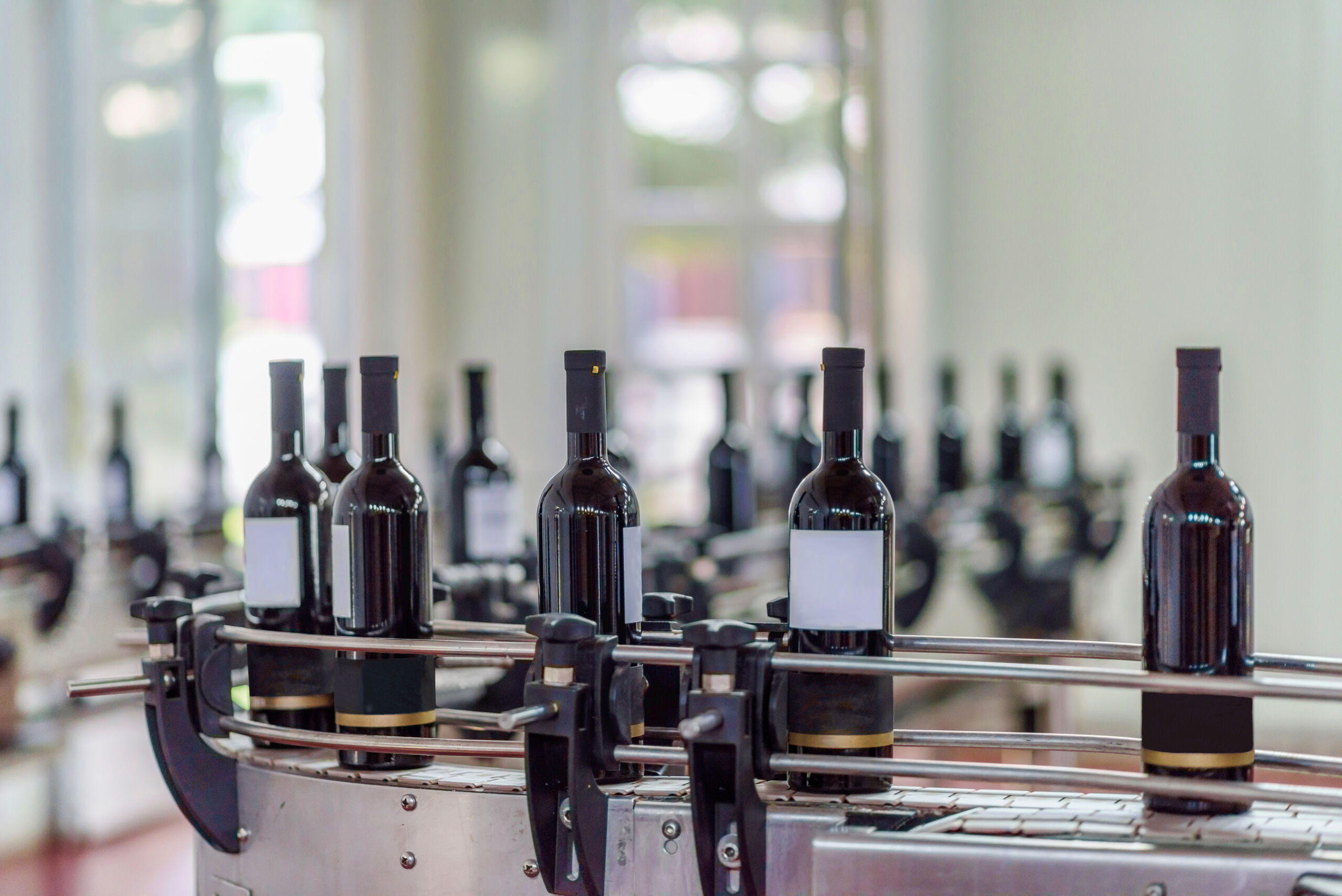The wine industry is one of the booming sectors within the food and beverage market globally and that is facing significant challenges such as asset tracking. According to the Statistics and Digital Transformation Department of OIV, the estimated global wine consumption reached 221 mh in 2023, with the United States, France, and Italy leading the list, accounting for over 22 million hectoliters.
In this article, we will explore the industry's key challenges and solutions for alcohol traceability, and how they work.
Common Wine Inventory Problems
In the wine industry, tackling the challenges of fraud and counterfeiting is a constant priority. Ensuring the authenticity of each bottle is crucial not only to safeguard the wineries' finances but to uphold their reputation with consumers.
Striking the right balance between maintaining sufficient stock to meet demand and avoiding overproduction is essential. Efficiency reduces costs related to storage and inventory management solutions also enhances responsiveness to market fluctuations and ensures timely product availability for consumers.
Can RFID track alcohol?
Historically, RFID technology faced significant challenges in the wine and spirits market due to the complications posed by liquids. The adverse effect of liquids on RFID performance has hindered its effective integration into alcoholic beverage production lines. However, recent advancements such as the BottleID™ solution, have brought a radical shift in this dynamic.
Thanks to technological improvements, specifically designed to overcome this obstacle, it is now possible to implement RFID systems that enable precise tracking and monitoring of each bottle, ensuring both authenticity and operational efficiency.

BottleID™, designed by Checkpoint, represents a disruptive innovation in RFID technology, specifically tailored for applications in liquid products inside glass bottles like wine, champagne, spirits or perfumes. This pioneering solution offers a range of critical benefits for these industries:
- Unique Identification: Each bottle is tagged with a unique identifier, facilitating detailed tracking and precise traceability throughout the supply chain.
- Enhanced Performance: BottleID™ RFID tags are engineered to operate optimally in liquid environments, ensuring reliable data capture and accurate transmission.
- Comprehensive system Integration: The solution includes specialized tags, advanced hardware, and integrable software, enabling seamless implementation within existing management systems in wineries and sector enterprises.
How BottleID works
BottleID™ hardware includes advanced RFID readers and antennas, specifically designed for seamless integration into existing production lines. These devices guarantee precise and efficient data capture, even in high-speed environments, ensuring that each bottle is accurately labeled and tracked from production to distribution.
Additionally, BottleID™ complementary software provides easy synchronization with management systems already in place at wineries. This integration allows real-time tracking and monitoring of RFID tags, providing valuable insights into inventory levels, distribution patterns, and consumer behavior. This capability not only enhances operational efficiency but also optimizes strategic decision-making based on accurate and updated data.
In conclusion, implementing RFID technology in the wine industry through solutions like BottleID™ addresses critical challenges faced by wineries today. By enhancing traceability, optimizing the supply chain, improving quality control, and providing valuable data insights, RFID technology reduces costs, improves efficiency and protects brands. Soon, the adoption of this technology will be pivotal for the industry, signaling the digital future of wine inventory management.
